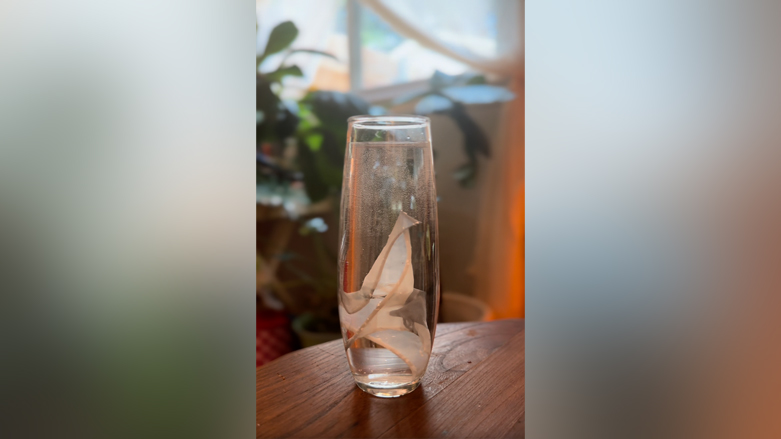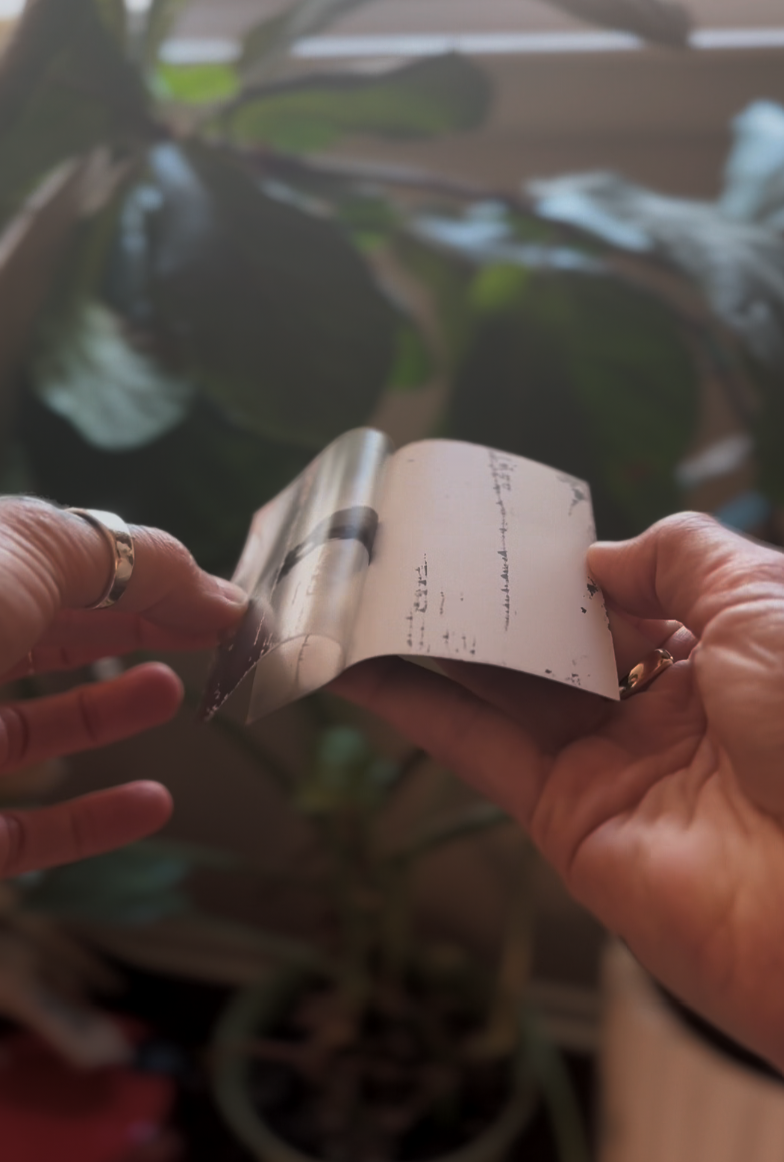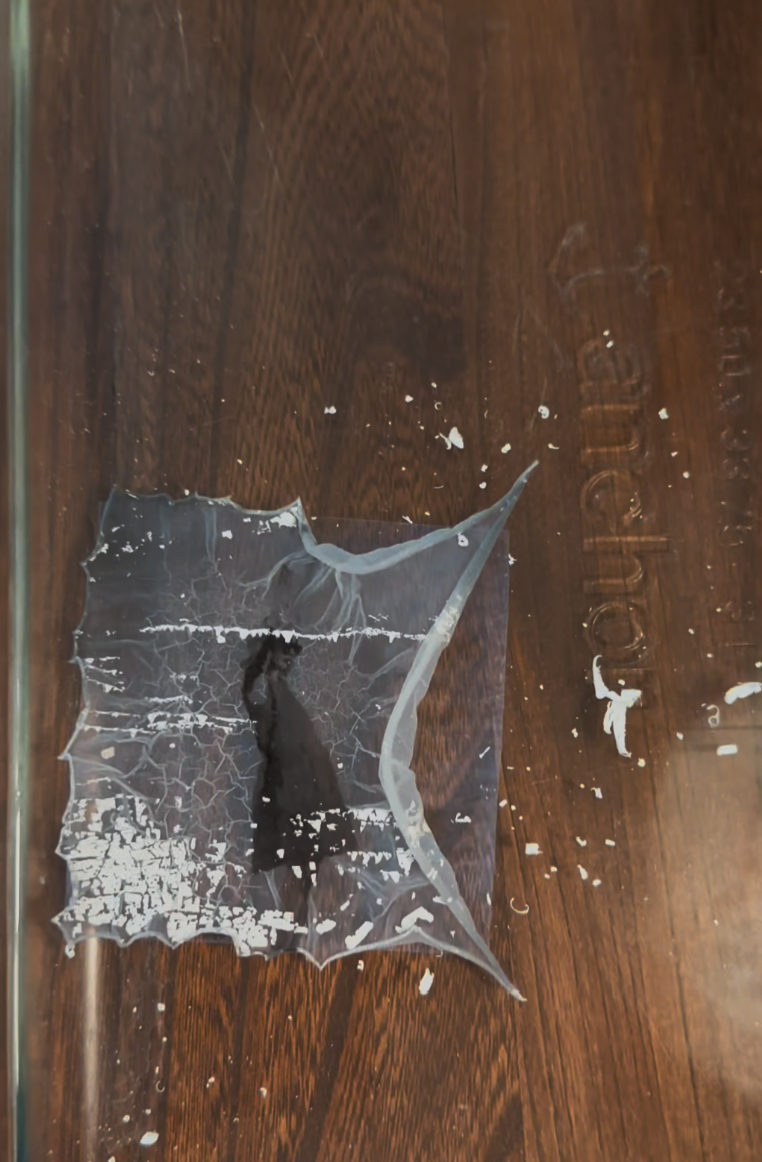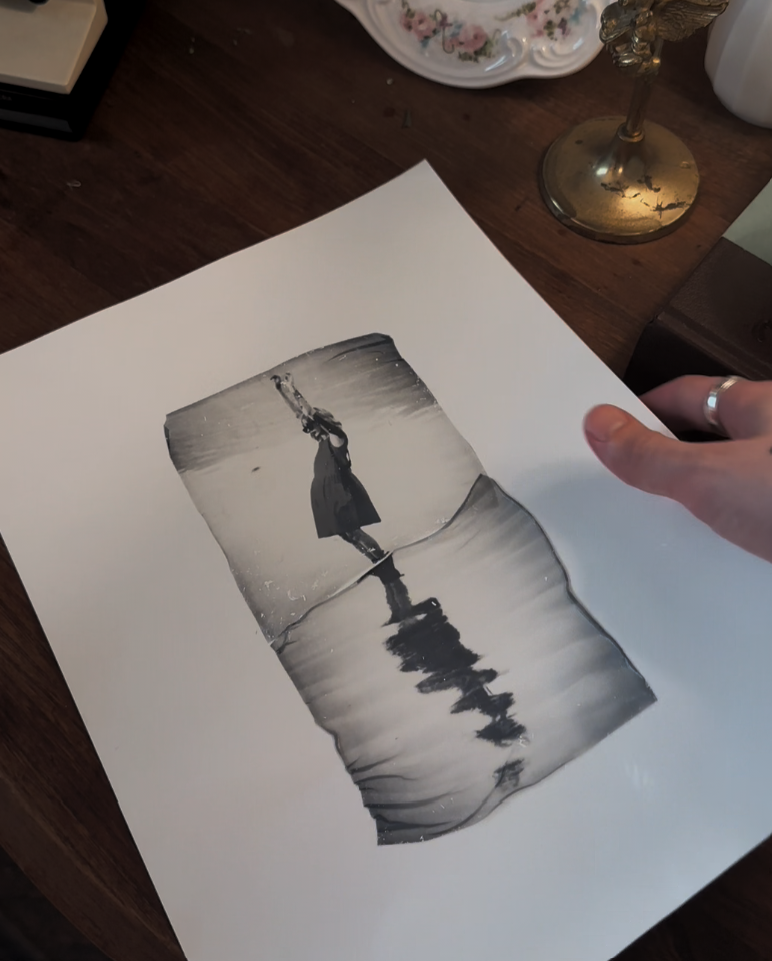
The epitome of instant photography, Polaroid cameras experienced a frenzied popularity wave in the 1970s, only to be thwarted by increased film costs and, of course, the rise of digital.
As with all good things, a passion for Polaroid photography has come around again, and one photographer on Instagram has had a huge amount of success with her unique way of developing her images.
Texas-based photographer Hannah Harbour, 31, shared her video to Instagram, where it has been viewed by over 19 million people.
Above: Hannah Harbour's short video showing her Polaroid Lift technique
“Polaroids have been present in my life from childhood,” Harbour told Digital Camera Word, “I used to file through old family photos excitedly, captivated by the idyllic mellow saturation that seemed to freeze the past in a timeless haze .
“There’s something about the instant, unpredictable nature of a polaroid that is so exciting! Digital photography is great at capturing a moment of time, polaroid's, however, capture the very feeling of a moment, the essence and soul of the subject in the shot; it’s magical, truly, nothing compares.”

Using a variety of both analog and digital cameras, Harbour says her first love is film, and her current favorite camera is the Canon A1, “simply because it’s built like a tank and serves me well for just about everything.”
She also favors the Polaroid Now+, which has a Bluetooth feature you can control from your smartphone. “I find this extremely helpful given that I shoot a lot of self–portraits.”
“Recently, I’ve been shooting a lot more digital photos with the Olympus OM-D E-M1. I don’t have any particular reason for choosing this camera other than it was a decent, affordable option available when I decided to try my hand at digital. I figured if I enjoy it enough, I’ll invest in a “better” camera but for now it does the job!”

Harbour shared her process with Digital Camera World. She starts with a freshly shot Polaroid, preferably between 15 minutes and an hour after the image was taken and had time to develop.
“The first step is to cut the border of the Polaroid off, leaving just the image. With the borderless image, I carefully peel the image apart and place the portion with the image into a tray of hot water.
"The water takes effect and begins to lift the image from the plastic part of the Polaroid, and I use a paintbrush to assist in the removal if needed.”
“Once the emulsion is free from the plastic, I straighten it out in the water using a paintbrush or my fingers and slowly insert a piece of watercolor paper in the water and under the emulsion.
“Using 2 fingers holding 2 corners of the emulsion to the paper, I lift it out of the water. To straighten the emulsion onto the paper, I will then dip each edge in and out of the water until I am happy with the result.
“I let it dry on paper towels until the emulsion is completely dry and secure the paper. If I am doing multiple emulsion lifts on one paper, I let each image dry before adding another, so the first image isn’t disturbed.”

Film cameras have seen a huge resurgence in popularity in recent years, with Leica reporting a 900% increase in film camera sales, after nearly scrapping their analog range altogether.
“I feel people are starting to emerge from the endless malaise of the digital and phone-photography era," said Harbour, "where memories are captured instantly in abundance but just as quickly become lost in technical obsoletion. People are valuing physical media now more than ever as a way to possess a firm grip on their memories and passions."
Harbour has produced a 15-page downloadable guide on the Polaroid Lift process, illustrated with her own drawings. It can be bought from her website for $10.
Take a look at our guides to the best instant cameras cameras, the best retro cameras, and the best film cameras on the market.







